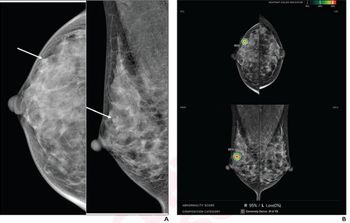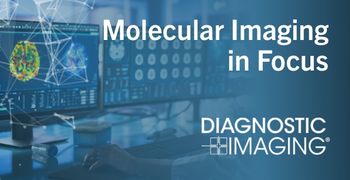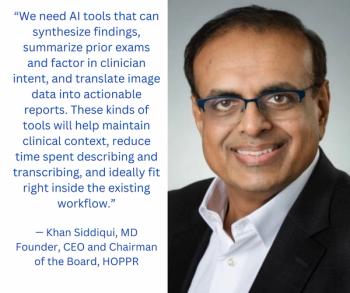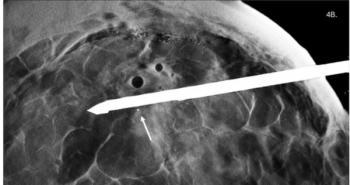
Philips aims to develop PET CAD for Alzheimer’s disease
Philips Medical Systems is developing software that will optimize and analyze PET brain images for signs of Alzheimer’s disease and other forms of dementia. An early version of the prototype will soon be evaluated by researchers at the University Medical Center Hamburg-Eppendorf in Germany, who are working with Philips’ scientists to evolve the technology into a clinically useful tool.
Philips Medical Systems is developing software that will optimize and analyze PET brain images for signs of Alzheimer's disease and other forms of dementia. An early version of the prototype will soon be evaluated by researchers at the University Medical Center Hamburg-Eppendorf in Germany, who are working with Philips' scientists to evolve the technology into a clinically useful tool.
Functional and structural brain-scan information has been compiled on the three major neurodegenerative diseases: Alzheimer's disease, Lewy body dementia, and frontotemporal dementia.
The experimental software overlays MR and PET images obtained on the same patient during different exams, postprocesses the data, and applies computer learning techniques to match suspected patterns of disease to those found in the reference database of brain scans indicating dementia.
The ultimate goal is to present fused MR and PET images of patients that can be matched against the reference images so a physician can quickly and effectively compare them.
"Part of a doctor's task when visually evaluating images is to try to classify current images using ones showing disease that he or she has seen previously," said Stewart Young, senior scientist in the digital imaging department of Philips.
The engineers hope their software will be able to more effectively draw from a broader reference base and to display the images instantaneously for assessment by the physician as a way to streamline the process.
Such an automated system could help physicians of varying experience achieve a high level of accuracy in their diagnoses. It might also serve as a research tool in the development and testing of drugs to treat patients with neurodegenerative diseases.
Preliminary tests with the PET algorithms have shown that the approach has merit. The Philips and university collaborators have proven the accuracy of this software using historical image data and known patient outcomes, according to the company. The next step, to begin soon, is to use the CAD pattern-matching technology alongside the medical staff's dementia diagnostic procedures. The goal will be to fine-tune the system's ability to detect and differentiate the most common types of neurodegenerative disease.
More advanced techniques are in development in the Philips laboratory and will be migrated in the coming months to the software now in testing at the university. This process will continue for another year, until the CAD program is sufficiently developed and tested to begin a formal clinical trial.
Then, if all goes well, a commercial product might emerge that can benefit the diagnostician as well as the researcher.
Newsletter
Stay at the forefront of radiology with the Diagnostic Imaging newsletter, delivering the latest news, clinical insights, and imaging advancements for today’s radiologists.














